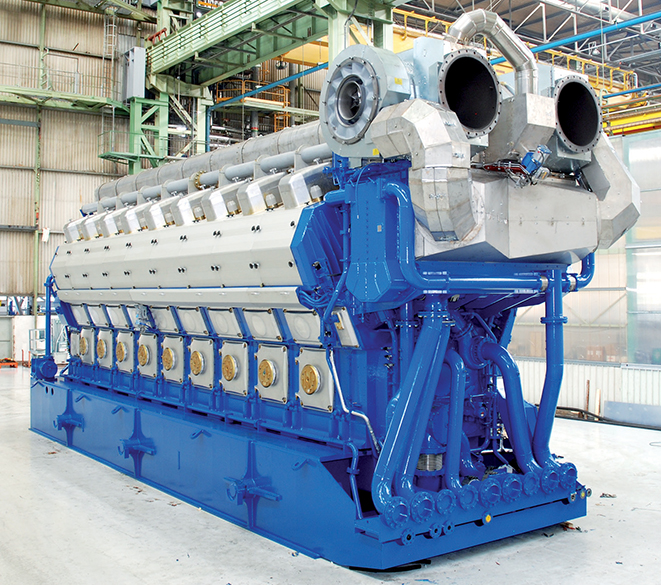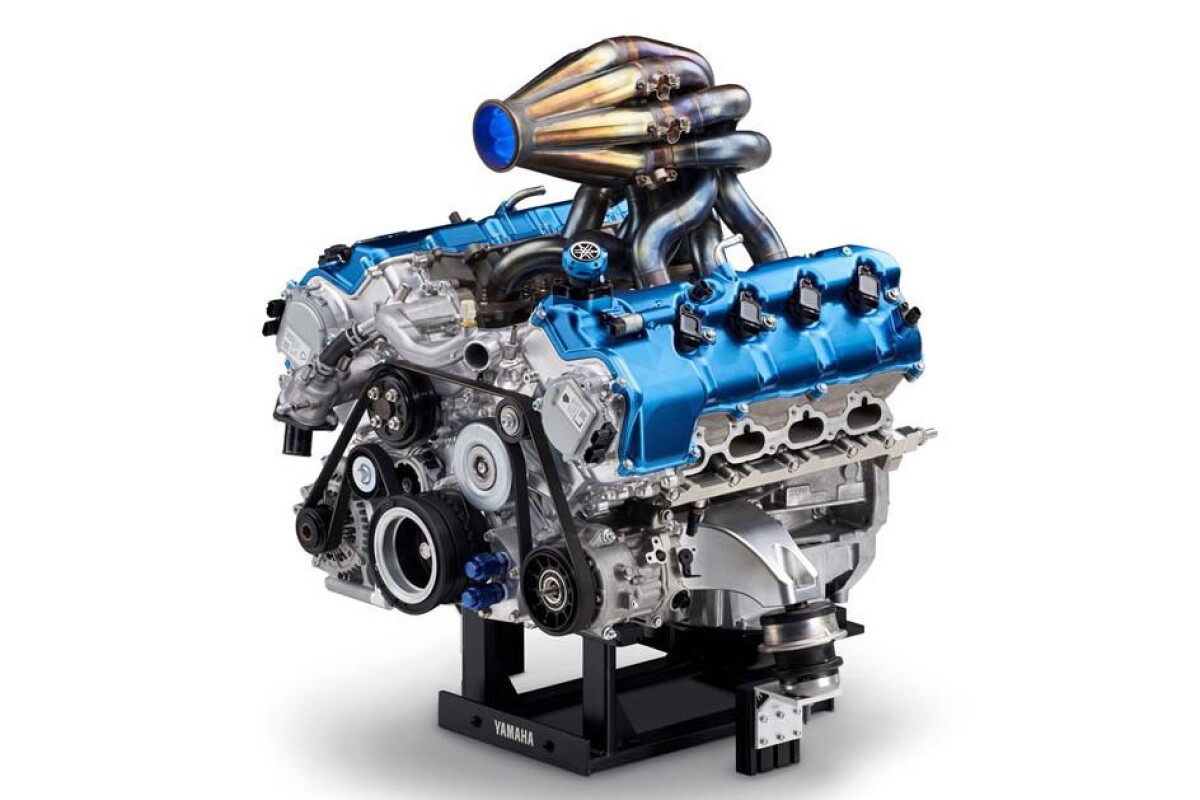Discover Top Quality Options with Engines For Africa's Inventory
Discover Top Quality Options with Engines For Africa's Inventory
Blog Article
Discover a Vast Array of Engines for Every Car and Objective
The automotive landscape is significantly complicated, with a diverse selection of engine types developed to meet details efficiency and efficiency needs throughout different vehicle groups. Furthermore, heavy-duty engines offer the needs of job automobiles, while environmentally friendly choices are getting traction in the search of sustainable transport.
Types of Automotive Engines
Automotive engines can be classified into numerous distinct kinds, each designed to fulfill certain efficiency and effectiveness demands. The most typical categories include internal combustion engines, electric engines, and hybrid systems.

Electric engines, on the other hand, operate electric power kept in batteries, providing instantaneous torque and zero exhausts. These engines are becoming significantly popular because of advancements in battery modern technology and the growing emphasis on sustainability.
Crossbreed systems combine both inner combustion and electrical engines, enabling cars to optimize fuel efficiency and reduce discharges by flawlessly switching between source of power. Each engine kind presents its advantages and downsides, influencing aspects such as lorry design, planned usage, and market need. When selecting the suitable engine for their certain requirements., recognizing these distinctions is critical for manufacturers and customers alike.
Performance Engines for Sports Cars
Efficiency engines for cars are specifically engineered to deliver improved speed, agility, and power, setting them aside from conventional automobile engines. These engines typically use sophisticated innovations such as turbocharging, supercharging, and variable valve timing to make best use of performance and responsiveness.
Commonly, efficiency engines are created with higher compression ratios, which enable greater energy extraction from fuel. This causes outstanding horsepower and torque numbers, allowing fast acceleration and higher leading speeds. The light-weight materials used in these engines, such as light weight aluminum and carbon fiber, contribute to lowered general car weight, boosting handling and maneuverability.
Engine configurations like V6, V8, and also hybrid systems prevail in performance cars, each offering one-of-a-kind benefits in regards to power distribution and driving dynamics. The adjusting of these engines is also critical; numerous manufacturers enhance the engine management systems to supply a thrilling driving experience, frequently consisting of sport settings that readjust throttle reaction and equipment changes.
Effective Engines for Daily Commuters
In the world of daily commuting, reliable engines play an important duty in enhancing gas economy and decreasing emissions while supplying reliable performance. As city populations grow and ecological problems escalate, the need for vehicles geared up with effective powertrains has actually risen.
Modern engines developed for everyday commuters frequently integrate modern technologies such as turbocharging, direct gas shot, and crossbreed systems. Turbocharging enhances engine performance forcibly more air right into the burning chamber, enabling smaller sized, lighter engines that do not compromise power output. Direct fuel injection enhances fuel atomization, causing far better burning and raised efficiency.
Hybrid engines, combining internal burning with electrical power, more augment fuel economy, especially in stop-and-go website traffic, where traditional engines can experience inefficiencies. Electric motors assist during velocity and can run individually at reduced rates, minimizing general gas usage.
Additionally, improvements in engine monitoring systems and light-weight materials contribute considerably to efficient engine design. By focusing on efficiency, longevity, and ecological sustainability, makers remain to provide engines that not only fulfill the why not try here needs of everyday commuting yet also align with international initiatives to minimize carbon impacts.
Heavy-Duty Engines for Work Automobiles
Durable engines for job lorries are regularly engineered to supply remarkable torque and reliability under requiring conditions. These engines are designed to execute in atmospheres where conventional engines might falter, such as construction websites, logging operations, and farming settings. The key emphasis of heavy-duty engines is their capacity to generate high degrees of power while preserving resilience over expanded periods of procedure.
Usually, heavy-duty engines use advanced products and durable building strategies to stand up to the browse around this web-site roughness of heavy work. Features such as enhanced cylinder blocks, boosted cooling systems, and progressed fuel shot modern technologies contribute to their performance. These engines typically run at lower RPMs, which aids to optimize fuel performance while providing the needed power for lugging and carrying.
In addition to mechanical toughness, sturdy engines are frequently outfitted with sophisticated electronic control systems (ECUs) that take care of efficiency, emissions, and diagnostics. This integration permits much better tracking and upkeep, ensuring that work cars stay efficient and operational.
Ultimately, durable engines are a crucial component in the productivity of different markets, supplying the essential power and integrity to tackle the most difficult of tasks.
Eco-Friendly Engine Options
The growing emphasis on sustainability has caused the advancement of eco-friendly engine options that prioritize decreased discharges and improved fuel effectiveness. These engines are developed to decrease the ecological influence of vehicles while still providing the performance and dependability expected by consumers.
Among the most significant eco-friendly options are hybrid and electrical engines. Crossbreed engines incorporate typical interior burning engines with electrical propulsion, permitting lowered fuel consumption and lower greenhouse gas exhausts. Electric engines, on the various other hand, run totally on battery power, creating no tailpipe emissions and adding to cleaner air high quality.
Another encouraging advancement is the advancement of biofuel engines, which make use of renewable sources, such as plant materials, to power lorries (Engines For Africa). By utilizing biofuels, these engines can reduce reliance on nonrenewable fuel sources and lower total carbon footprints

As the vehicle industry advances, environment-friendly engine options will certainly play an important role in driving the shift towards even more sustainable transport solutions.
Final Thought
The automotive sector provides a varied array of engines created to satisfy numerous car demands and purposes. From high-performance engines that boost sports cars and truck capabilities to effective models prioritizing gas economic climate for day-to-day commuters, each type offers a particular feature. Sturdy engines deal with durable work vehicles, while eco-friendly choices, such as electric and biofuel engines, promote sustainable transport. This thorough range makes sure that all driving needs are dealt with, adding to advancements in automobile innovation and ecological stewardship.

Report this page